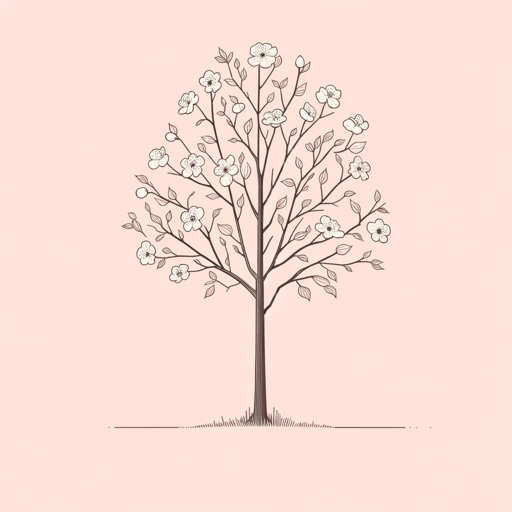32 pages • 1 hour read
Katherine MansfieldBliss
Fiction | Short Story | Adult | Published in 1918A modern alternative to SparkNotes and CliffsNotes, SuperSummary offers high-quality Study Guides with detailed chapter summaries and analysis of major themes, characters, and more.
Important Quotes
“Although Bertha Young was thirty she still had moments like this when she wanted to run instead of walk, to take dancing steps on and off the pavement, to bowl a hoop, to throw something up in the air and catch it again, or to stand still and laugh at—nothing—at nothing, simply.”
(Paragraph 1)
This quote demonstrates in medias res, a literary device, and serves to establish the theme of the stifling nature of society. It also sets the stage for the protagonist’s personality. Bertha is young and naïve, ill-suited for solving the mystery of the story, which is the question of why she’s feeling so blissful.
“She hardly dared to breathe for fear of fanning it higher, and yet she breathed deeply, deeply. She hardly dared to look into the cold mirror—but she did look, and it gave her back a woman, radiant, with smiling, trembling lips, with big, dark eyes and an air of listening, waiting for something… divine to happen…that she knew must happen…infallibly.”
(Paragraph 10)
Bertha is on the cusp of something incredible. She is aware that a change is coming, and she is afraid of that change. She sees herself clearly and recognizes the signs of excitement: radiance, trembling, listening, and expectation. She anticipates that the change in herself will be glorious, and she is confident in its inevitability.
“And indeed, she loved Little B so much—her neck as she bent forward, her exquisite toes as they shone transparent in the firelight—that all her feeling of bliss came back again, and again she didn’t know how to express it—what to do with it.”
(Paragraph 33)
The suppression of emotions, one of the story’s themes, is represented in this quote. Although Bertha acknowledges her love for her baby and her appreciation for the child’s beauty, she is stymied by her inability to express her love. Years of adhering to social conventions have left her unsure of what to do with her maternal feelings.
Related Titles
By Katherine Mansfield







